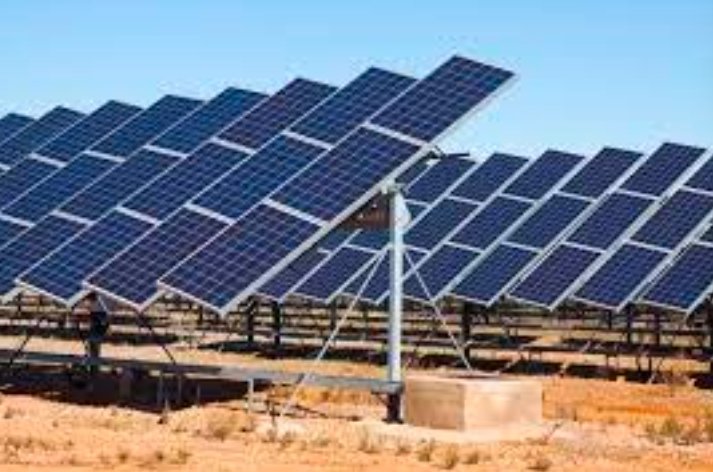In the heart of Huntington County, a proposal for a new solar farm project has sparked a heated debate among residents. The project, which aims to cover over 2,000 acres with solar panels, promises to bring renewable energy and economic benefits. However, many locals have raised concerns about the project’s impact on the landscape, property values, and the transparency of the decision-making process.
Community Voices Rise in Town Hall
A recent town hall meeting saw over a hundred Huntington County residents gather to voice their unease about the proposed solar farm. The meeting, which lasted over an hour, became a platform for citizens to question the project’s long-term implications and the county leaders’ communication regarding the development.
Residents expressed frustration over what they perceive as a lack of transparency from county officials. The absence of farmers who support the project at the meeting added to the tension, with a representative from the solar company being asked to leave to allow residents to speak freely. The project, led by Paddlefish Solar, is set to begin construction in 2026 and aims to be operational by 2028.

Economic Promise Versus Environmental Preservation
The solar farm project is not just a matter of energy production; it’s a question of balancing economic growth with environmental preservation. Proponents highlight the potential for job creation and a boost to the local economy through renewable energy. Critics, however, worry about the loss of farmland and the project’s fit within the rural aesthetic of the county.
The debate extends beyond the borders of Huntington County, reflecting a broader conversation about the role of large-scale renewable energy projects in rural America. The project’s promise of diversifying income for landowners and meeting the high demand for renewable energy from regional utilities and corporations is weighed against the desire to maintain the county’s agricultural heritage.
A Decision Looms: Weighing the Costs and Benefits
As the county commissioners ponder the fate of the solar farm project, the community awaits a decision that could reshape their county’s future. The outcome will not only determine the landscape of Huntington County but also set a precedent for how such projects might be approached in similar communities across the nation.
The discussion is far from over, with more meetings and deliberations expected. The county’s decision will need to consider the voices of its residents, the environmental impact, and the economic potential of the solar farm. It’s a delicate balance between embracing the future of energy and preserving the essence of Huntington County.













